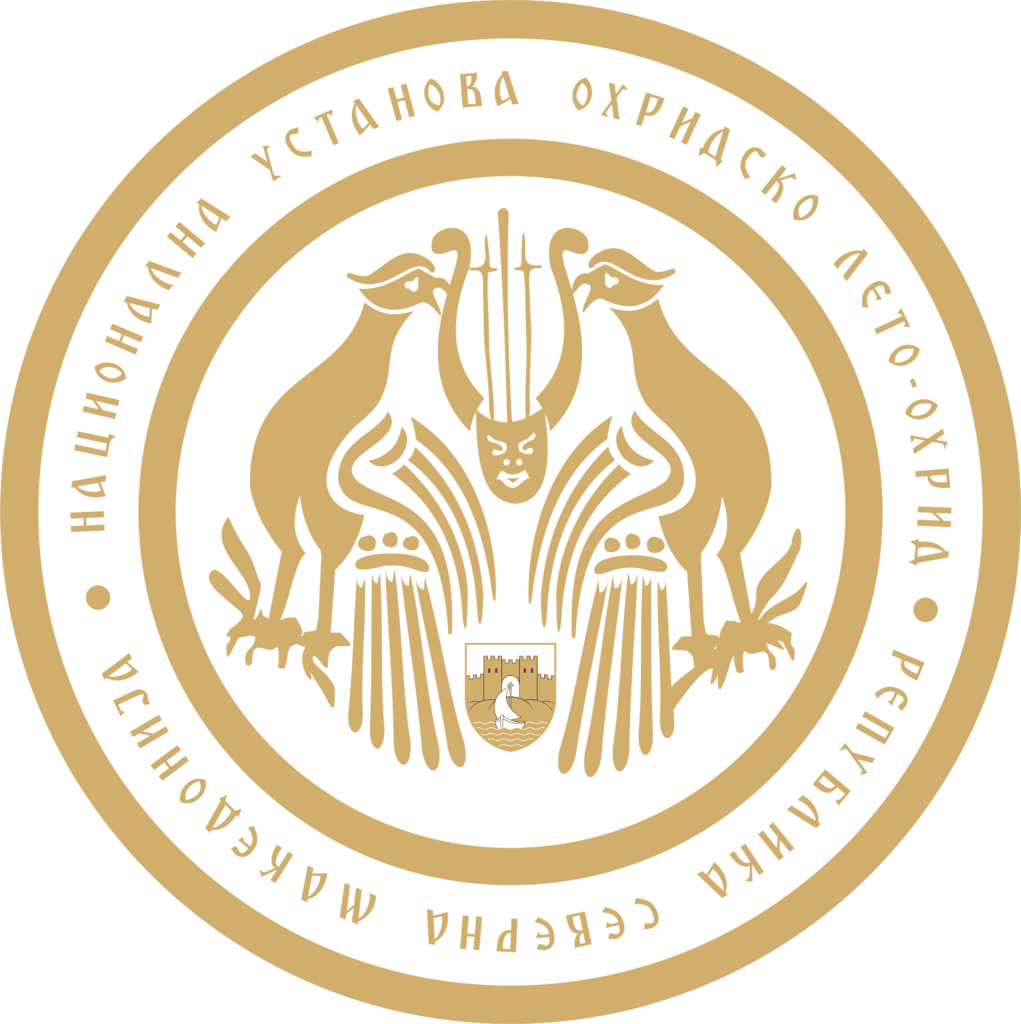… There was complete symbolism in the first “Concert Play” we heard at last night’s concert, created by Felix Mendelssohn with his friends, clarinetists Heinrich and Karl Bayermann, otherwise father and son … This bright and cheerful salon composition from the early romanticism hinted at the character of the concert organized by our famous clarinetist and saxophonist Stojan Dimov at this year’s Ohrid Summer, with the visit of his son Ninoslav Dimov and accompanied by his mutual friend and colleague, pianist Dino Imeri. The three musicians, each a highly profiled artist on his instrument, in addition to chamber music, are united by an evidently defined taste for the same genres and way of interpretation, and all this obviously stems from mutual understanding and friendship. The concert – a mosaic of various styles, combinations of clarinet, saxophone and piano, complemented by a euphoric and charming interpretation of a series of highly virtuoso and complex compositions, fully emphasizes the artistic character of the performers, and openly demonstrated its superiority with the instruments that govern it. Hence, and having in mind the rich concert activity of the artists, entering into some detailed analysis of the technical performance aspects is pointless.

What marked the concert was undoubtedly the program concept, which largely reflects the sensibility of the artists and the goal they want to achieve with the audience. In this case, Stojan Dimov, a musician with a world career, followed by the younger but no less convincing Ninoslav Dimov and Dino Imeri, imagined a “Summer Musical Fantasy” that will relax the audience at the Ohrid Summer, and at the same time fascinate them with their performing “vratolomies”. On clarinet, soprano, tenor and alto saxophone and piano. And they succeeded. We will emphasize that such an attractive and likable concert does not diminish the value of the artistic act at all. But of course, only when it comes to specially creative artists, who in addition to the musical gift possess a highly constructed virtuosity. In addition to Mendelssohn, we heard three wonderful and brilliant “arabesques” from the Hungarian contemporary composer Bela Kovacs and the remarkable clarinetist himself. In the “marriages” of De Falla, Strauss and Gershwin with direct allusions to their specifics, flamenco, waltz and blues, performed by Stojan Dimov on clarinet, what was imposed on us as an impression is the artist’s fascination with witty, scherz composing. He participates in the creation of the plays with expressive suggestibility, because they obviously fully correspond to his dynamic temperament. In a similar, yet sufficiently authentic manner, Ninoslav Dimov performed incredibly accurately and explosively the extremely complex and attractive compositions “Bees” by Italian composer Antonio Pascoli and “Rag” by Tunisian-French composer Jean Matitia, creating an euphoric energy the audience in St. Sofia. In the chamber trio songs, the artists additionally brought meditation and mutual tonal overflow of the impressionistic color in the unique “Faun” from Debussy, but also inventive improvisations in the style of “smooth jazz” in the Sonata by the American saxophonist and composer Phil W. entered the realm of jazz. Driven above all by their own creative enthusiasm and the euphoric response of the audience, the artists at the end of this “gallop-concert” gave us two encores in a consistent style – the folklore “Greetings from the Balkans” by Kovac without whose tone the cheerful show would not be complete and complete Finally, “Sentimental Habanera” which added to the impression of the great pianist Dino Imeri, this time in the role of author.
It was an energetic presentation of our, and world artists, after a forced almost two-year concert break of everything they can and want.
We welcome the idea of the artistic management of the Ohrid Summer Festival to leave space for artists to inventively invent their performance, to create a personal creative vision that brings fresh breath to the program contents of the Ohrid Summer and thus expands the composition of the festival audience.
Vikica Kostoska Peneva – musicologist



